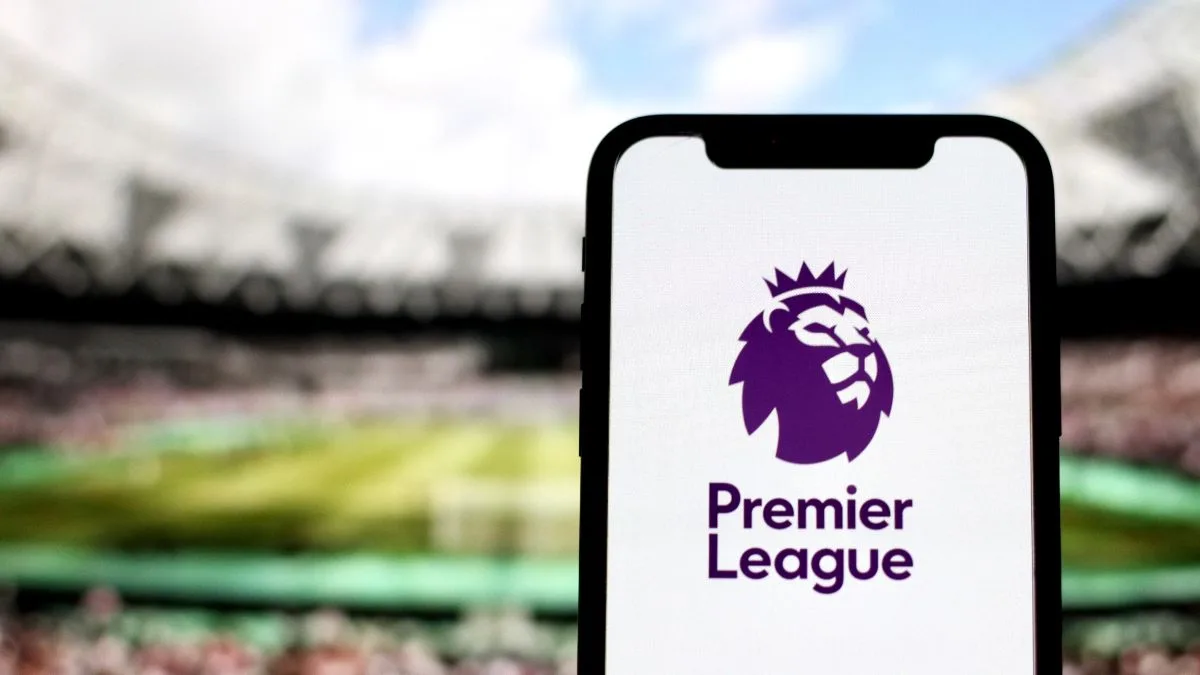The connection between football and gambling can be seen in history, in modern betting practices, in sponsorship deals, and in the debates about social responsibility. This article traces the historical roots of the relationship, explores popular forms of betting, considers economic and legal dimensions, and looks ahead at future trends that may redefine the interaction between football and gambling.
The origins of football gambling can be traced back to informal wagers among fans in the 19th century. Friends and local communities would bet small amounts on the outcomes of matches, often in pubs or at stadiums. These early practices were casual but established the cultural link between football excitement and financial risk-taking.
By the early 20th century, organized bookmakers began formalizing betting markets. In the UK, betting shops emerged, offering structured odds and regulated payouts. Pools betting, where fans predicted multiple match results, gained popularity in the mid-1900s. These developments transformed football gambling from informal wagers into a mainstream business.
This historical shift set the foundation for football gambling as a global industry, paving the way for online betting platforms and complex markets in the digital age.
Modern football gambling comes in many forms, each catering to different fan preferences:
Win/Draw/Loss: The simplest and most common type of bet.
Correct Score: Predicting the exact scoreline of a match.
Goal Markets: Betting on whether total goals will be over or under a certain threshold.
Real-Time Bets: Wagers placed during a match, such as predicting the next goal scorer.
Minute-by-Minute Markets: High-frequency bets, where odds change instantly with events.
Cash-Out Options: Allowing bettors to exit a bet before the final whistle.
The variety of formats shows how football gambling evolved from simple wagers into dynamic, technology-driven markets that influence how fans watch games. These practices also raise important questions about risk and responsibility.
The global football betting market is valued at more than $70 billion annually, with a significant portion flowing into club and league sponsorships. Bookmakers benefit from fan passion, while clubs profit from the visibility and funds that partnerships bring. In some countries, gambling-related sponsorship accounts for up to 20% of club revenue.
Betting companies frequently appear on club shirts, stadium banners, and broadcast ads. In the Premier League alone, nearly half of the clubs have had gambling firms as shirt sponsors in recent years. These deals generate huge sums but also spark ethical debates about normalizing gambling.
These financial dimensions reveal why football and gambling remain intertwined. However, the profits also invite scrutiny, leading to strict legal and regulatory frameworks worldwide.
Football gambling operates under different national laws. In the UK, the Gambling Commission licenses operators and enforces consumer protections. In contrast, some countries, such as Turkey, impose heavy restrictions, while others outright ban private sports betting. These differences shape how fans engage with football gambling across regions.
One of the greatest threats to football integrity is match-fixing. Betting-related scandals, from Italy’s Calciopoli to match manipulation in lower leagues, highlight the risks of gambling-driven corruption. To combat this, governing bodies like FIFA and UEFA collaborate with regulators and data companies to monitor suspicious betting patterns.
These legal facts underline the delicate balance between promoting football gambling as a business and protecting the sport’s credibility. Fans, inevitably, are affected by these dynamics.
For many fans, gambling enhances the excitement of football. Small wagers can intensify emotional investment in a match, making even low-profile fixtures thrilling. However, the entertainment value comes with financial risk. Losses can quickly accumulate, particularly with high-frequency in-play betting.
Problem gambling is a major social concern. Studies suggest that 2–3% of bettors develop addictive behaviors, leading to financial distress and mental health issues. Young fans, exposed to gambling ads during matches, are particularly vulnerable.
Fans seeking safer or alternative ways to engage with football sometimes explore entertainment platforms like ufabet168เข้าสู่ระบบ, which integrate sports fandom with interactive services. This highlights the blurred line between football enjoyment and gambling participation.
Mobile technology has revolutionized gambling. Apps now allow fans to place bets within seconds, from anywhere. Push notifications and live odds ensure constant engagement, but also increase the risk of impulsive betting.
Artificial intelligence and predictive analytics now shape betting markets. Algorithms assess player form, injuries, and match dynamics to generate odds more efficiently than ever before. Some platforms even offer personalized recommendations, tailoring gambling to user behavior.
While technology enhances convenience and accuracy, it also raises concerns about overexposure and the ethical use of data in gambling.
Football clubs, particularly in Europe, often sign lucrative deals with gambling companies. Shirt sponsorships, stadium signage, and digital partnerships generate millions annually. For leagues, collective agreements with betting firms provide additional financial stability.
However, these partnerships create dilemmas. Should community-driven institutions promote gambling, knowing its risks? Critics argue that clubs have a responsibility to protect vulnerable fans, while supporters of sponsorships point to the financial necessity in an increasingly competitive football economy.
This balance between financial gain and social responsibility remains one of the most debated issues in modern football and gambling.
Cultural attitudes toward gambling vary widely. In the UK and much of Europe, betting is widely accepted and integrated into football culture. In Asia, football gambling is extremely popular, but often occurs through unregulated or underground markets. In the US, legal sports betting is only recently expanding, following a Supreme Court ruling in 2018.
These cultural differences shape football’s global identity. In some regions, gambling is seen as part of the fan experience; in others, it is viewed as a moral or legal problem. As football globalizes, reconciling these differences becomes a key challenge for leagues, clubs, and regulators.
The future of football and gambling will likely emphasize safer betting practices. Initiatives such as deposit limits, time-outs, and self-exclusion tools aim to protect fans from addiction. Governments and clubs alike are under pressure to ensure responsible gambling.
Policy changes could reshape the industry. Some leagues may restrict shirt sponsorships from gambling firms, while others may require greater transparency in advertising. At the same time, fan-centric models that prioritize community engagement over profit may gain traction.
For fans seeking broader ecosystems of football-related entertainment, platforms such as ยูฟ่าเบทสมัคร illustrate how digital services can provide accessible entry points into sport and betting—ideally in ways that emphasize responsibility and transparency.
The relationship between football and gambling is deeply rooted in history, shaped by modern technology, and central to the sport’s economy. From informal pub bets to AI-powered predictive models, gambling has transformed how fans experience the game and how clubs and leagues generate revenue.
Yet the relationship is not without risks. Match-fixing scandals, gambling addiction, and ethical concerns continue to challenge the industry. For fans, the line between entertainment and harm can be thin, requiring safeguards and responsible practices.
As football continues to globalize, the interplay with gambling will evolve alongside legal frameworks, cultural attitudes, and technological innovations. Understanding these dynamics helps fans, clubs, and regulators make informed decisions about the future of the world’s most popular sport.




Want to add a comment?